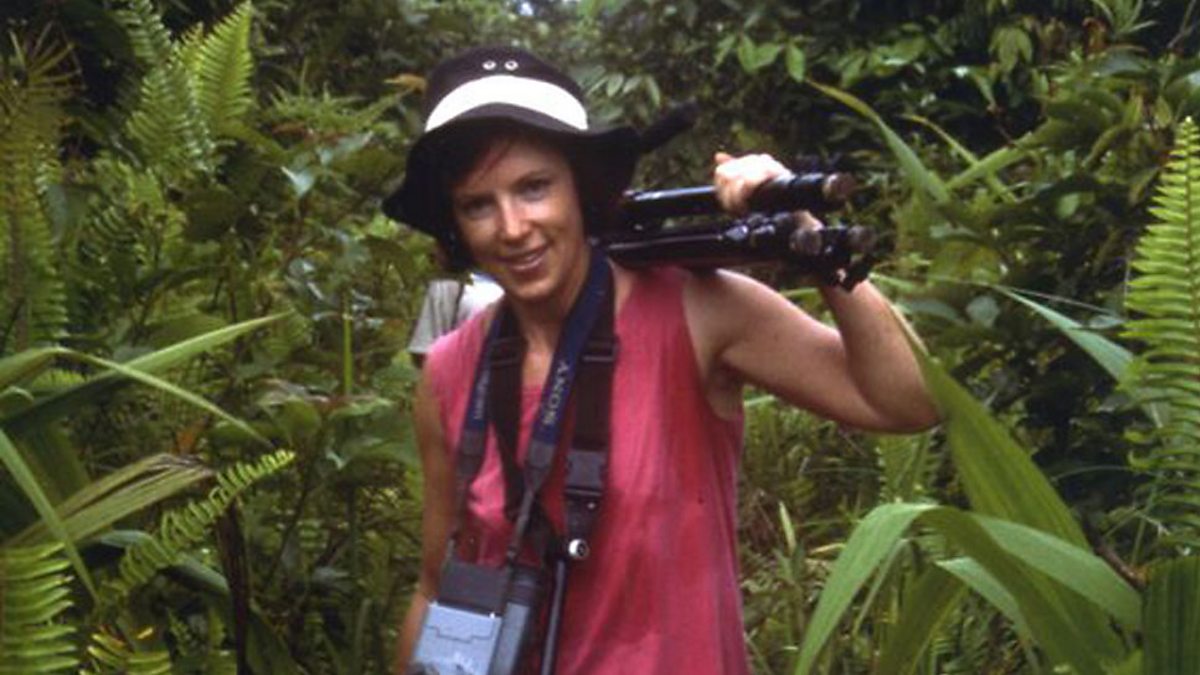

There is, literally, no one to take her place. Very few journalists have her courage, her dogged insistence on getting her story, her personal authority, her technical ability, and her insistence on investigating both where angels and demons fear to tread - never mind all of these qualities in combination.īut she was also unique for another reason: her ability to get the support of the ever risk-averse, conservative BBC and its executives, to extract big dollops of hard fought-over budget for her investigations, and to get her reports, no matter how controversial, broadcast on prime time television.Īnd perhaps that is the single biggest way in which she is - journalistically speaking - irreplaceable. She picked up the cudgel for domestic slaves in London, refugees from Syria's murderous civil war, women subjected to genital mutilation, and the people of North Korea and Burma, their entire lives subject to the whims of brutal dictatorships.

If there is one thing that her journalism was all about, it was to delve deep into the heart of darkness and bring the stories of the powerless and downtrodden out into the light of day - and in so doing, to give them some hope of justice and improvement in their lives.Īmong the causes she took up were the plight of the Tibetans, forcibly assimilated into China, and made a disenfranchised minority in their own land. We also worked together on an BBC assignment in 1996, investigating the thoroughly evil and pointless Bakun dam in Sarawak, Malaysia - of which more below.īut her death is also a tragedy for the wider world, and oppressed, abused and marginalised people everywhere. Sad for me too: Sue was a friend going back to my teenage years in 1970s London, when she was already working as a reporter for ITN. Sad, of course, for her close friends and family.

The BBC's most outstanding journalist, Sue Lloyd Roberts, had died after a long battle with cancer. Today I woke up to hear sad news of the radio.


 0 kommentar(er)
0 kommentar(er)
